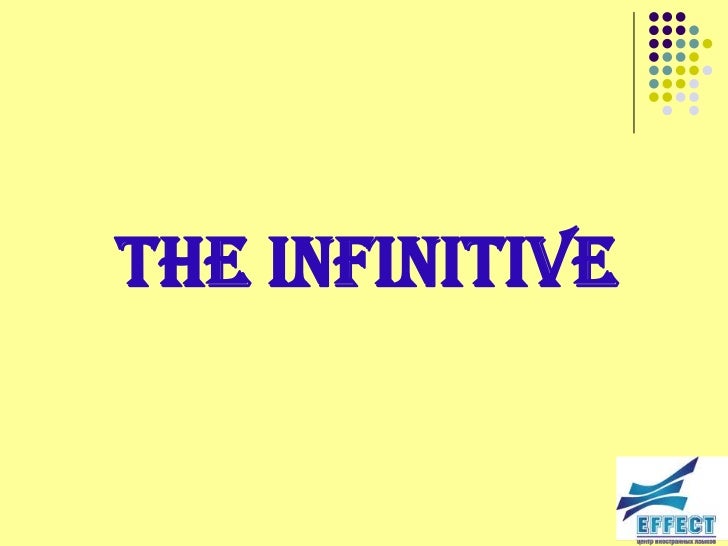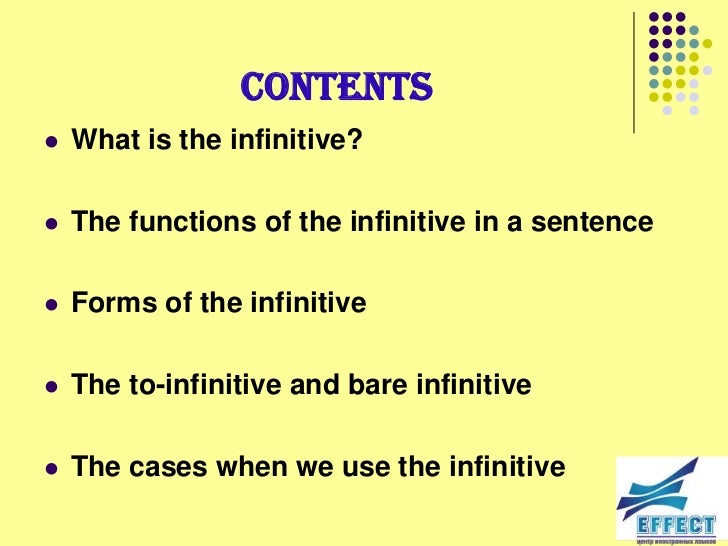


Again, the key is to recognize a verb in its base form, then determining if it has a subject and is serving as the action of that subject. NOTE: While it is not a common practice, keep in mind that an infinitive phrase does not require the infinitive marker TO, so you might suspect an infinitive without the marker if a base verb does not have a subject and it is functioning as a modifier. I expect the hybrid car to use less gasoline. You should be able to combine sentences to create your own infinitive phrases: And a non-finite verb phrase will most often be adverbial if it provides extra information about time or place, but the key tests for determining if non-finite verb phrases are adverbial are always movement and deletion. A non-finite verb phrase will most often be adjectival if it follows immediately after a noun.

To put his flyer = Adjectival infinitive, modifying placeĪs with prepositional phrases, identifying the function of non-finite verb phrases begins with proximity: who is the phrase hanging out with? A non-finite verb phrase will be nominal if it fills a noun role (subject, direct object, object of the preposition). He even found a place on the board to put his flyer. You should be able to identify the function of an infinitive phrase: People were amused to watch the monkeys climbing in the trees. You should be able to identify all infinitive phrases you see in a sentence: To wait seemed foolish when decisive action was required. The marker for an infinitive phrase is:Īn infinitive phrase can function as nominal, adjectival, or adverbial: You should be able to locate an infinitive phrase. An infinitive phrase is an infinitive verb (usually) preceded by the infinitive marker TO (which is the KEY MARKER) and can include the subject or the complements (or both) of the verb from which it is derived.

An infinitive is the unmarked base form of the verb, that which is used after a modal auxiliary and is the form of the verb listed in a dictionary entry.


 0 kommentar(er)
0 kommentar(er)
